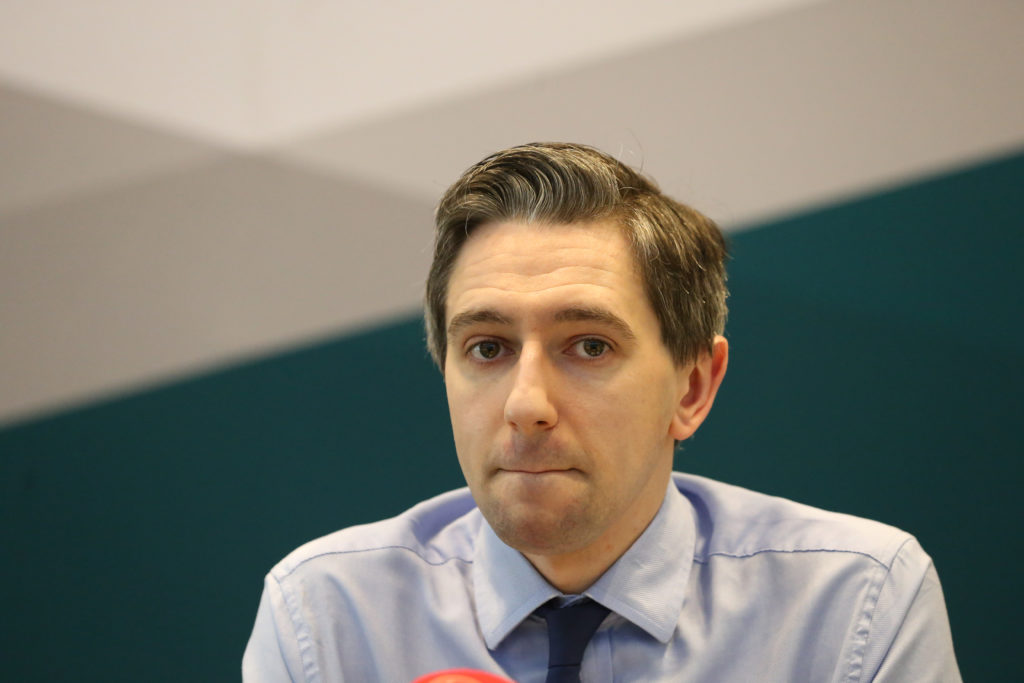Minister for Higher Education Simon Harris has launched the new Active Consent Toolkit, which includes new research and resources designed to provide consent education for all students in 2020-21.
The toolkit has been developed by NUI Galway’s Active Consent Programme and will be delivered across 22 third-level institutions.
The toolkit is aimed at higher education staff and administrators, and provides guidance to institutions developing a strategy against sexual violence on campus.
It also includes a consent education programme which can be delivered fully online, including a consent workshop for first-year students and an eLearning module on sexual violence and harassment and how to access help. These will be available for use from October 15th.
In a press statement, Harris said: “The Sexual Experiences Survey clearly shows us there is so much work to be done. We have to do more to raise awareness and support students, and the Active Consent Toolkit will greatly assist institutions in a really practical way.”
In June 2020, the findings of NUI Galway’s “Sexual Experiences Survey” were released, indicating widespread sexual harassment in the institutions covered. Over half of first year students surveyed experienced sexual harassment, with almost 32 per cent of females surveyed reporting rape as a result incapacitation, force or threat of force.
Harris has asked higher education institutions to develop and publish an action plan to combat sexual violence and harrassment by next February, and to provide an annual report outlining their progress in implementing the consent framework.
Harris said that he believes that “the higher education sector to take on a leadership role in our societal response to sexual violence and harassment”, and that these are “important steps forward to advance that aim”.
The latest research by the Active Consent Programme shows that while young people in schools and colleges support the idea of consent as the right to say “yes” or “no” to sexual activity, their confidence to act on this understanding can be undermined by embarrassment and shame, including misperceptions of what their peers think.
Active Consent Programme Co-Lead, Dr Padraig MacNeela, NUI Galway, added that “there is also now evidence to show that a number of young people either agree with or do not actively reject misinformed and potentially harmful rape myths”.







